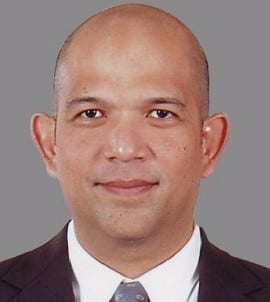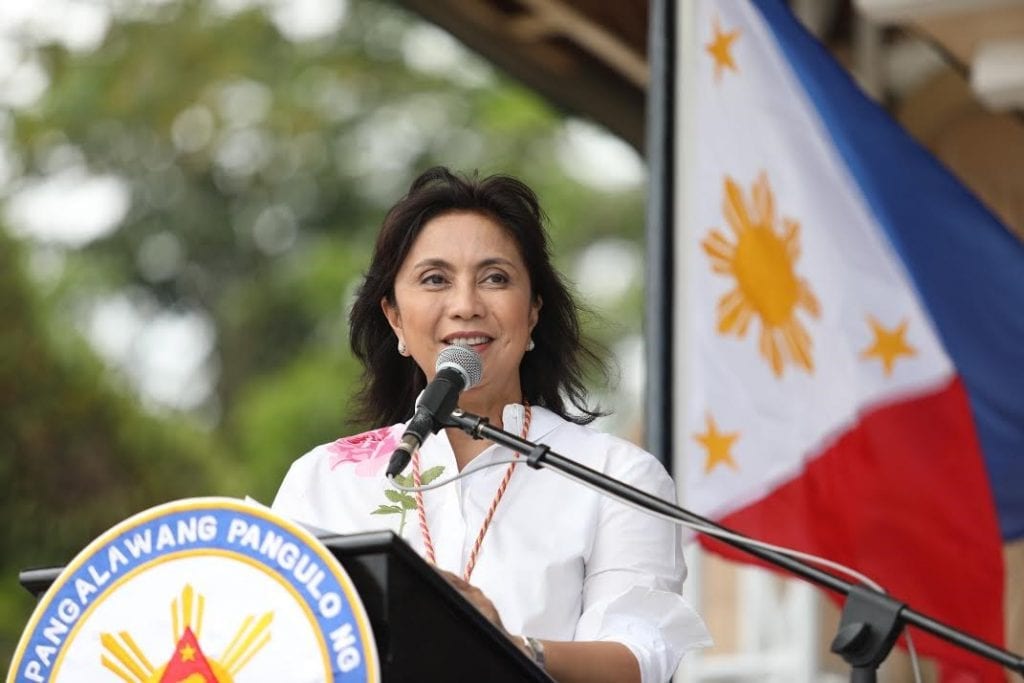
Q1: Your franchise package used to cost P3.5 million, then P1 million, now at P300,000. Briefly, what are their differences in terms of risks versus rewards? What is the insight behind P300,000?
A1: To clarify, the P3.5m package is still around, available for new stores, and it still makes up most of our franchises. We call it the investor package, because it’s high risk, high return. The lower risk, lower return industrial partner package has been replaced with the 300k-500k package (depending on sales volume).
The idea was to make it more affordable to franchisees willing to be store managers of their own stores, where they are expected to report a minimum of 40 hours a week. To do that, we rethought the entire package. Profits are tied closer to sales and directly controllable costs, and simple enough to calculate so that you know how much you made at the end of each day. There is also greater downside protection – if you manage the store well (as measured by our customer service metrics), you will earn money even if your sales drop (because, for example, a competitor opens up beside you). To reduce risk further, it is only available for stores open a year or more.
Q2: What are the competencies, attitudes and behaviors of successful 7-Eleven franchisees versus those unsuccessful?
A2:For the investor package, to be honest, a lot has to do with your choice of location for your new store. Emerging markets have a high degree of uncertainty because of their rapid evolution. That said, good management can make a good location twice as profitable.
For the industrial partner, we’ve done everything we can to reward good management rather than location choice.
For both though, someone with strong people management skills who work the stores on a daily basis always outperform their locations. Convenience store staff have to multi-task more than typical service industry workers, so managers who can coach, control, and inspire their staff to serve the customer do well.
We prioritize those who have strong track records managing branch operations – grocery, boutique, or restaurant, etc.
As an aside, many of my friends have called about the 300k franchise when it came out in the papers, and I’ve had to tell them it likely wasn’t for them. It takes a lot of focus and dedication to be a full time store manager, and you really will have little time for anything else.
Q3: You allocate 1 truck for every 5 franchisees for daily delivery. How many delivery turns can these trucks do in a day? What is your vision for this?
A3: Those closest to the warehouse can sometimes manage a second trip, which we need especially during peak periods, but traffic is making this increasingly difficult.
Q4: First mover and economies of scale are two of your biggest advantages. Looking at the industry landscape, can a mini-mart format, pricing their products same level as supermarkets, outsmart your advantages?
A4: Anything is possible of course, but we look to other countries for what’s likely. And what we see tells us that, although the convenience and minimart formats nominally cater to different customers (the end consumer and the housewife, respectively), where one is dominant, the other struggles. In Thailand, where 7-eleven has 10,000 stores, minimarts have not taken off, despite determined efforts by successful large format players Tesco and Central. Meanwhile, in Indonesia, where Alfamart and Indomart have 12,000 stores each, 7-eleven is closing it’s 150 store operation.
That said, drugstores here have, in my opinion, already played the minimart role for decades, and we’ve managed to grow out of their shadow, so perhaps the Philippine market favors convenience stores.
Finally, the minimart format, even when successful, just isn’t as profitable: Alfamart Indonesia market cap is 1.6B (about the same as 7-eleven Philippines), while 7-eleven Thailand’s market cap with fewer stores is 14B.
Q5: What trends are you seeing in convenience stores and franchising?
A5: As an operator matures, he tends to franchise more for talent (which is scarcer the larger her gets) and less for capital (which becomes more abundant).



One thought on “Q&A with 7-Eleven PH President Victor Paterno on Franchising”